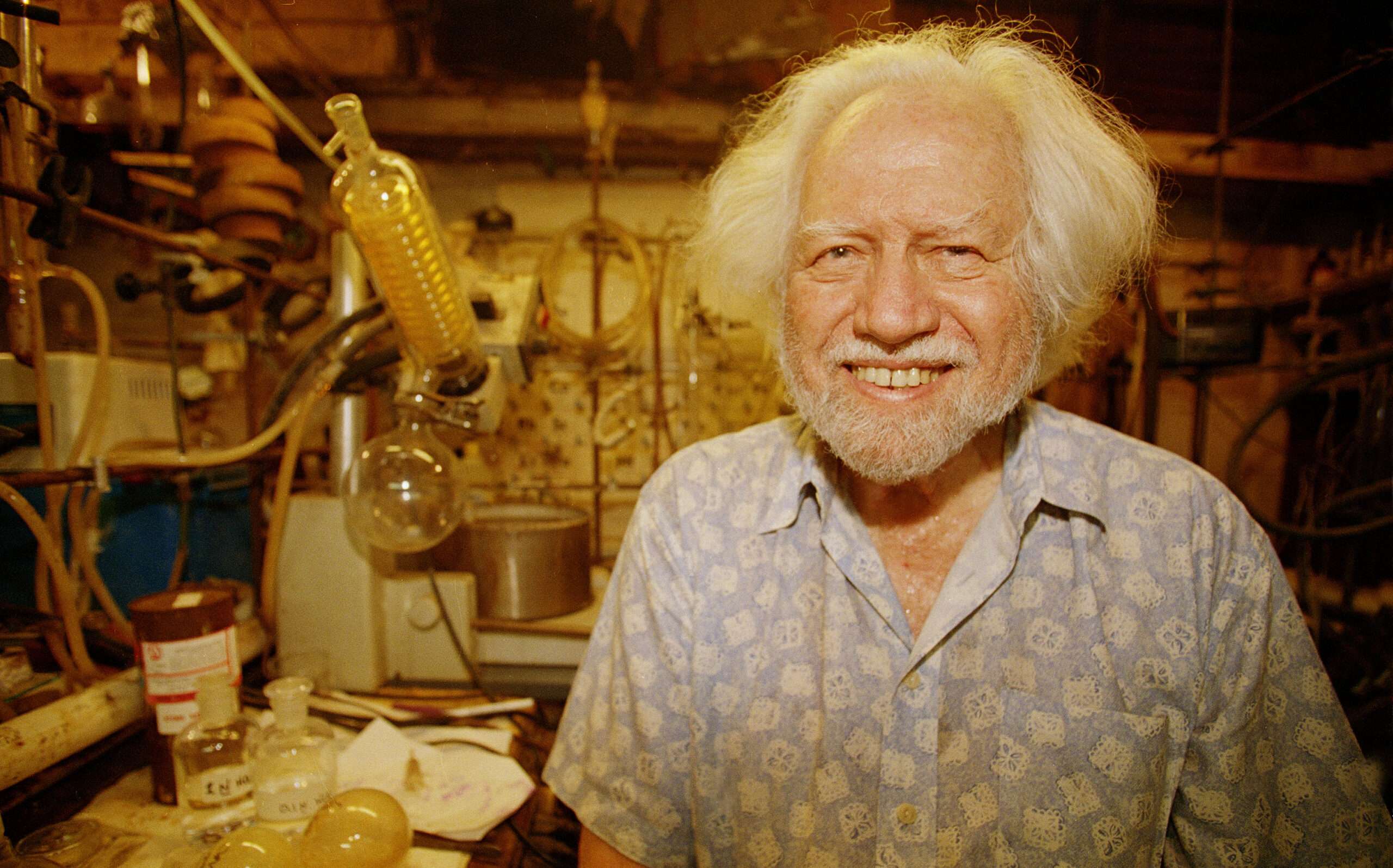2,5-dimethoxy-4-iodoamphetamine (DOI) is a synthetic psychedelic that has been the subject of over 900 published studies. The Drug Enforcement Administration (DEA) is seeking to ban it by placing it in Schedule I of the Controlled Substances Act, a classification reserved for substances with a high potential for abuse and no recognized medical uses. Students for Sensible Drug Policy (SSDP) is opposing this move, citing the importance of DOI in neuroscience research and its potential therapeutic benefits.
SSDP, along with over 20 scientists, has filed a statement objecting to DOI’s scheduling, pointing out the financial and bureaucratic barriers it would create for researchers. They argue that DOI and another psychedelic, 2,5-dimethoxy-4-chloroamphetamine (DOC), are crucial research chemicals with no evidence of abuse and should not be restricted in this way.
SSDP describes DOI and DOC as essential tools for studying serotonin receptors and their potential therapeutic effects. They note that DOI has shown promise in managing pain and reducing opioid cravings, offering hope in the fight against the opioid crisis.
The DEA argues that DOI and DOC have a high potential for abuse based on their hallucinogenic effects and reports of recreational use. They claim that the risks associated with these substances, such as impaired judgment and dangerous behaviors, justify their classification as Schedule I drugs.
Despite the lack of evidence of widespread harm from DOI and DOC, the DEA maintains that they pose risks to public health and should be treated similarly to other hallucinogens like DOM, DMT, and LSD. SSDP and their supporters are fighting to ensure that these valuable research chemicals remain accessible for scientific study.
The DEA’s proposed rule to classify DOI and DOC in Schedule I is based on concerns about their potential for abuse, despite their importance in scientific research. SSDP and their legal team are working to challenge this decision and protect the research community’s ability to study these compounds.
DOI and DOC, while not widely used recreationally, have shown promise in research on serotonin receptors and mental health. The debate over their scheduling highlights the tension between scientific progress and drug control policies.
Overall, the dispute over the scheduling of DOI and DOC reflects broader debates about drug policy, scientific research, and the balance between public health concerns and individual liberties.
The obligations of treaties are being questioned in the context of placing DOI and DOC in Schedule I. Despite the lack of medical literature linking DOI to adverse events or deaths, the DEA is considering scheduling it. Limited evidence of abuse and seizures of DOI raise doubts about its potential for abuse. The Controlled Substances Act aims to not unduly restrict access to psychotropic substances for legitimate research, yet placing DOI in Schedule I could hinder scientific studies. Researchers are set to testify on the scientific value of DOI and DOC and the challenges of their scheduling. Legal challenges question the DEA’s burden of proof in showing the high potential for abuse of these substances. If unsuccessful in the administrative process, the case may be taken to federal court, with recent Supreme Court decisions potentially impacting agency deference. This includes the DEA’s classification of marijuana in Schedule I, which is currently under reconsideration despite previous objections from the agency.
Source link




